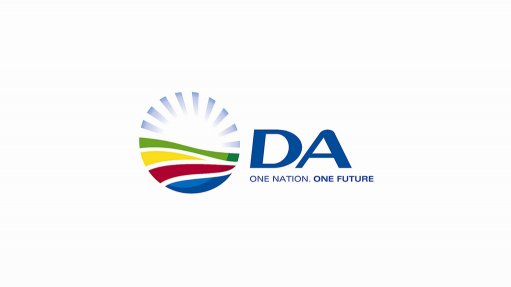
The DA welcomes the Chairperson of the Portfolio Committee on Trade and Industry, Ms Joan Fubbs’ decision to accept the DA’s request for the National Credit Regulator (NCR) to appear before Parliament to brief the committee on its activities to prevent reckless lending by the country's major credit providers, and African Bank in particular.
The regulator is scheduled to appear before the committee this coming Friday.
Last week, African Bank was placed under curatorship by the South African Reserve Bank governor Gill Marcus due to financial mismanagement, and was rewarded with a R7 billion cash injection in an attempt to stabilise the bank.
African Bank’s poor lending policy has resulted in the virtual collapse of the institution. There have also been a number of allegations relating to predatory lending practices by African Bank that have victimised poor consumers with low levels of financial literacy.
The NCR, according to the National Credit Act, is charged with monitoring and regulating all credit providers within the industry, ensuring market stability, and ensuring that providers comply with the Act.
For some time, it is reported that debt counsellors have lodged complaints relating to reckless lending at banks, including at African Bank. There has also been an allegation that the NCR investigated one African Bank branch and found it guilty of illegal lending practices. Why was the investigation not widened?
The DA looks forward to the opportunity to rigorously engage and examine the NCR’s presentation in order to get to the bottom of what caused the decline at African Bank, and to discern what part, if any, was played by the regulator in monitoring and mitigating losses, and how further failures in the credit industry are to be avoided. We need to know how our regulatory system failed to pick up this problem.
This recent development serves as a positive sign that the committee is serious about performing its oversight roles and ensuring the effective functioning of regulatory institutions and the economy.